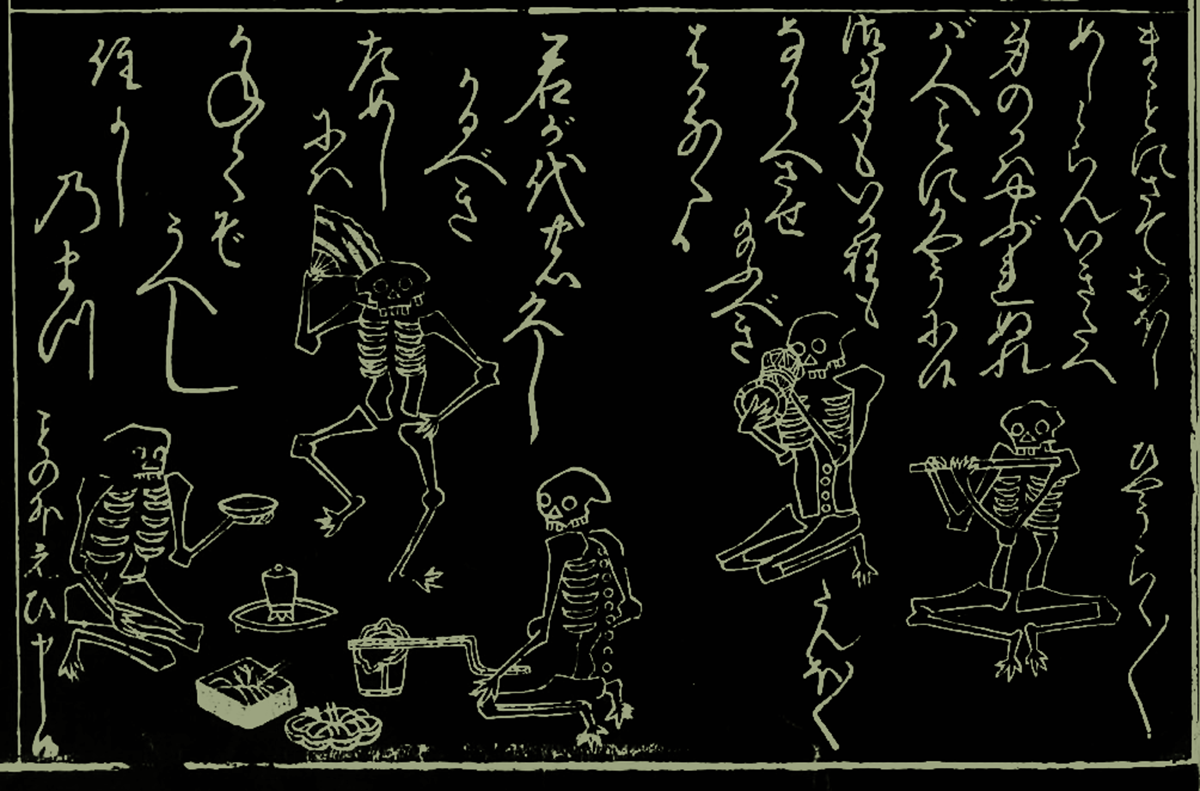Dissection of a three line poem
nobody knows shit
Disillusioned with the functionaries of the monastery, it is no surprise that Ikkyū draws this conclusion. Sitting through most any meeting can lead to the same sentiment.
“Although I do not suppose that either of us knows anything really beautiful and good, I am better off than he is – for he knows nothing, and thinks that he knows. I neither know nor think that I know.” – Socrates in Plato’s Apology
nobody lives anywhere
Perhaps Ikkyū is claiming there is nowhere to live, referring to the Buddhist concept of śūnyatā (primordial emptiness), or that the anātman (non-self) must live anywhere; for if you are not, you cannot be but anywhere.
If this seems too acosmic, perhaps the line is simply a critique of everyday life: who is really living?
hello dust!
ex nihilo nihil fit
The hard problem of consciousness seeks a solution to how or why qualia (conscious subjective experience) exists, or came to be. Panpsychism proposes that mind exhibiting qualia is fundamental to existence, and present in all matter. There are varying degrees to which mind is attributed to dust.
Within a panpsychist framework:
panexperientialism – conscious experience is fundamental and ubiquitous (parts of dust have some degree of mind) pancognitivism – thought is fundamental and ubiquitous (dust can think)
Outside panpsychism:
animism – all matter, pluralistically, has mind, thought, and agency (dust can attack if provoked) pantheism – all matter is god (dust is god)
 page from Ikkyū Sōjun's notebook
page from Ikkyū Sōjun's notebook